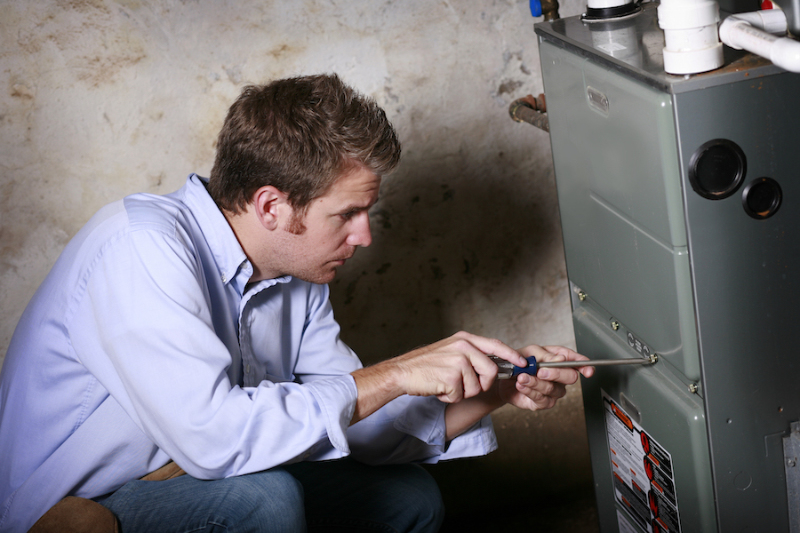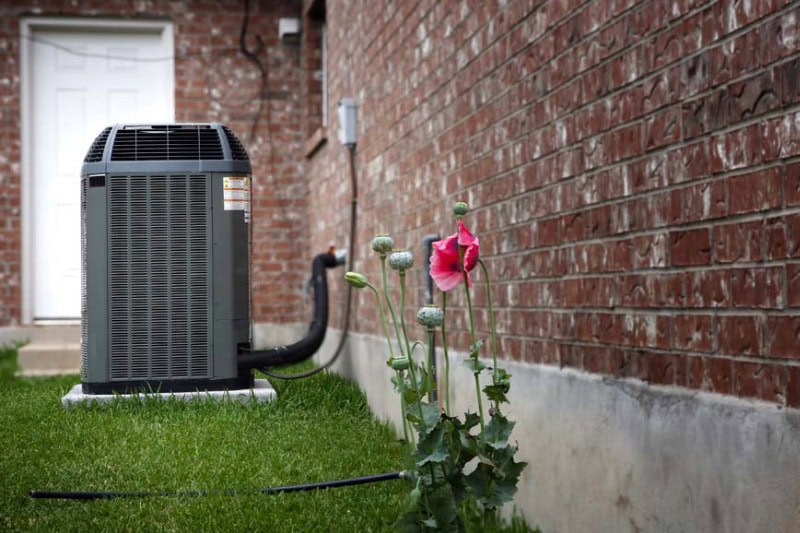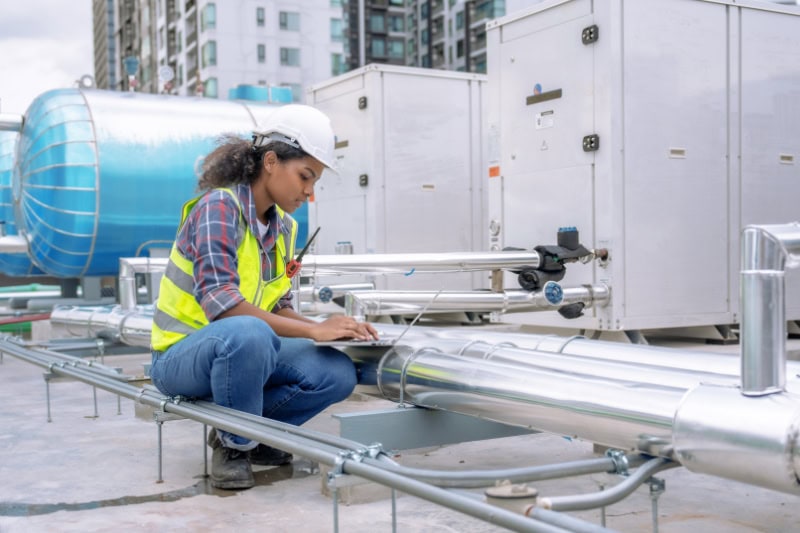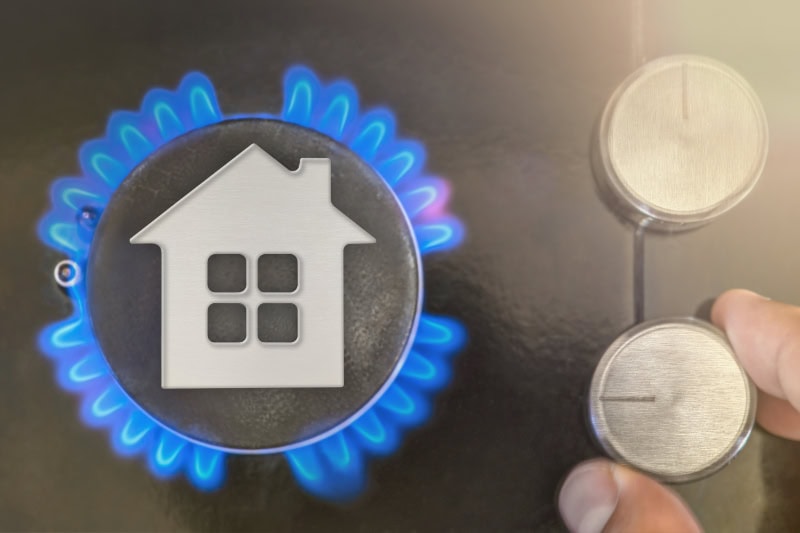News
When the weather gets really hot in La Center, the last thing you want is a broken air conditioner; a fully functioning air conditioner is more than a luxury—it’s a necessity. However, even the best systems can encounter problems that disrupt your comfort.
Continue ReadingAs the temperatures begin to rise in La Center, many homeowners are firing up their air conditioners for the first time in months. But what if, instead of a refreshing blast of cool air, you’re hit with an unpleasant smell?
Continue ReadingJuly 17 is the coolest date on the calendar.
It marks National Air Conditioning Day, commemorating the work of Willis Carrier, the father of the modern-day indoor air conditioning system. It is the perfect time to put your feet up, chill out, and luxuriate in the cool comfort of your Washington home.
Continue ReadingThe same goes for a heat pump. The outdoor unit might be in perfect working condition. Still, the heating and cooling process stops without an indoor evaporator coil, connecting refrigerant lines, and a fan to blow conditioned air through ductwork.
Continue ReadingYour air conditioner (AC) can do several things––keep your Washington home’s indoor air cooler than outdoor temperatures, help to keep indoor airborne allergens at bay, and help keep your home’s humidity low. But one thing it can’t do is kill mold.
Continue ReadingFrom replacing air filters to scheduling maintenance, cleaning your cooling system can prevent breakdowns and keep your home comfortable.
Continue ReadingOur team at ENTEK Corporation wants to help keep your home’s indoor air quality high and you and your family healthy and comfortable.
Continue ReadingYou probably already know about the advantages of ductless heating and cooling systems—and how they can significantly lower your Vancouver home’s carbon footprint while improving your indoor air quality (IAQ).
Continue ReadingSuccessful Waashington employers are always searching for ways to help employees improve their productivity. While the majority of productivity responsibility does fall on the employees’ shoulders, there are things employers can do to help, especially when it comes to factors pertaining to the building’s heating, ventilation, and air conditioning (HVAC) system. That’s where we at ENTEK Corporation can help.
Continue ReadingOur team at ENTEK Corporation could help you save big bucks on your monthly utility bill by performing a furnace replacement.
Continue Reading









